- 631-796-2804
- [email protected]
- Mon - Fri: 6:30AM - 5PM
Professional seal coating that extends your pavement’s life and saves you thousands in replacement costs.
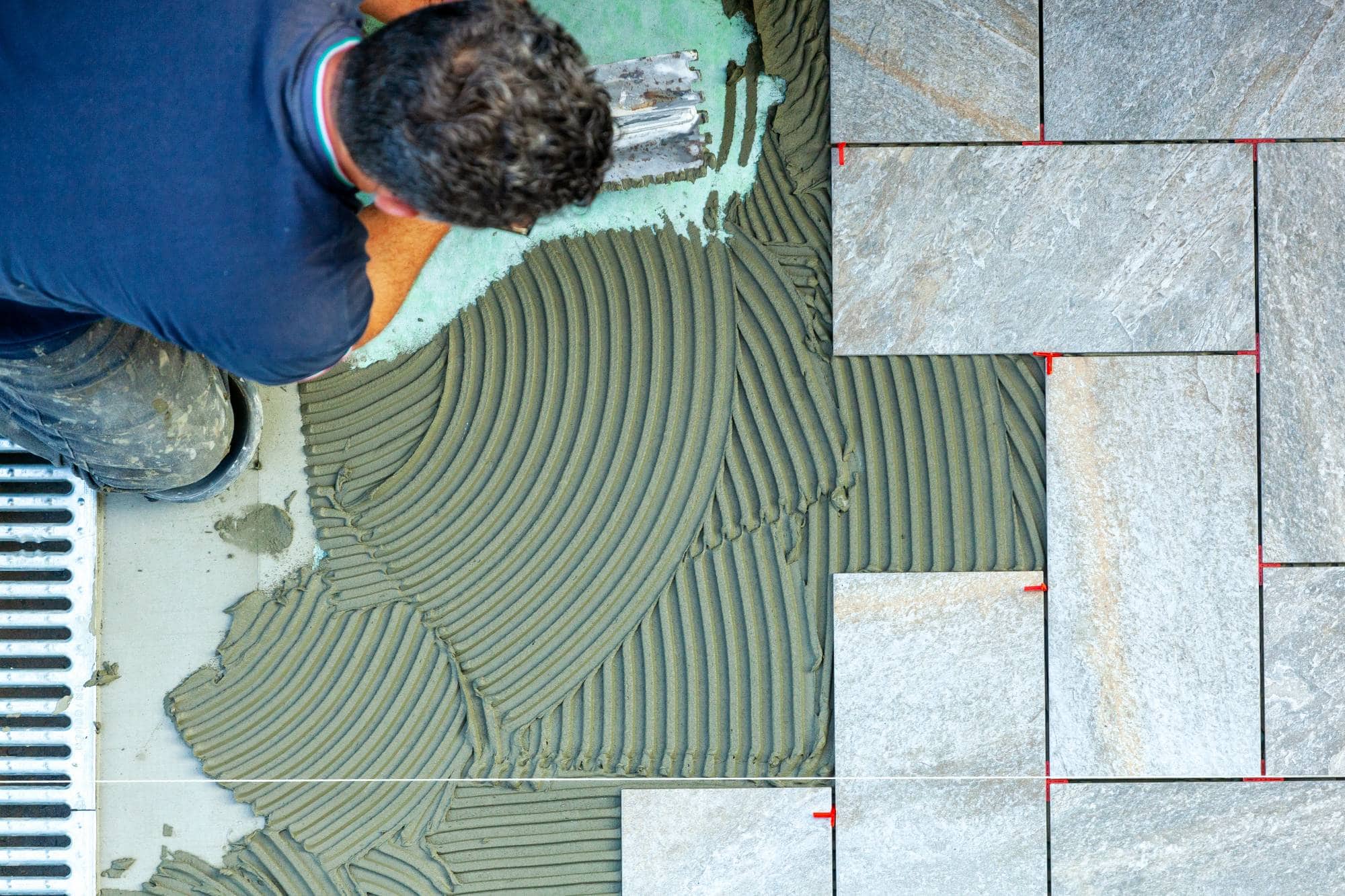
Hear from Our Customers
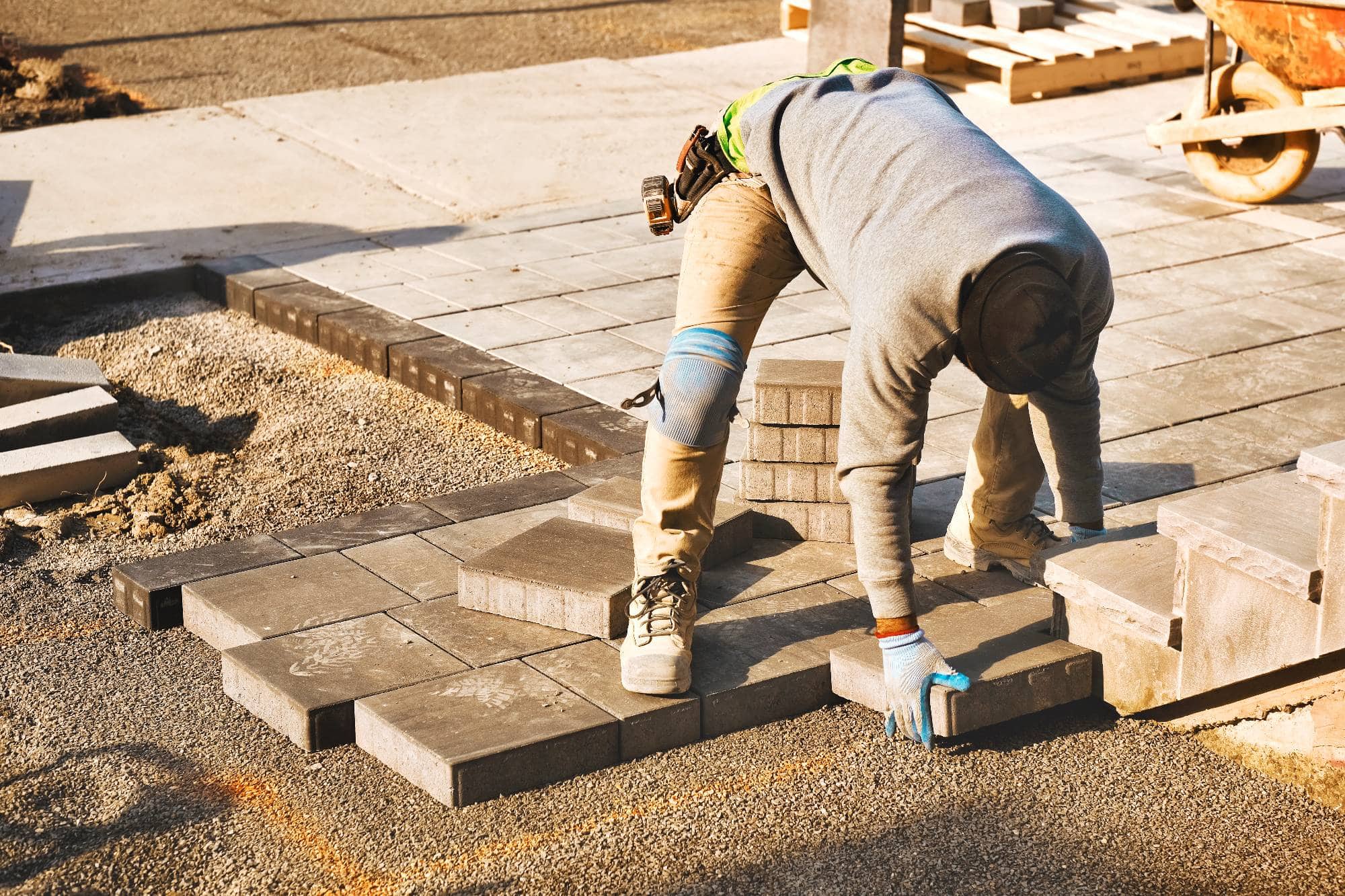
Your asphalt faces a beating every day. Sun breaks down the binders that hold everything together. Water seeps into small cracks and freezes, turning hairline issues into major problems. Salt and chemicals from winter treatments eat away at the surface.
Seal coating creates a protective barrier that stops this damage before it starts. You get a smooth, dark surface that looks fresh and professional. More importantly, you avoid the headache of watching your driveway or parking lot fall apart over the next few years.
The difference is clear when you drive through neighborhoods where some properties maintained their asphalt and others didn’t. One group has smooth, attractive pavement. The other group is dealing with cracks, potholes, and eventually complete replacement costs that run into the thousands.
We’ve been handling asphalt projects across Long Island for years. We understand how the weather here affects your pavement and what it takes to make seal coating last.
You’re not getting a crew that learned about asphalt maintenance from a manual. Our team has seen what works and what doesn’t when it comes to protecting driveways and parking lots in this area. We use commercial-grade sealers and apply them when conditions are right, not when it’s convenient for us.
Most property owners in Lake Ronkonkoma Heights deal with the same issues – winter damage, summer heat stress, and the constant wear from daily use. We’ve built our process around solving these specific problems.
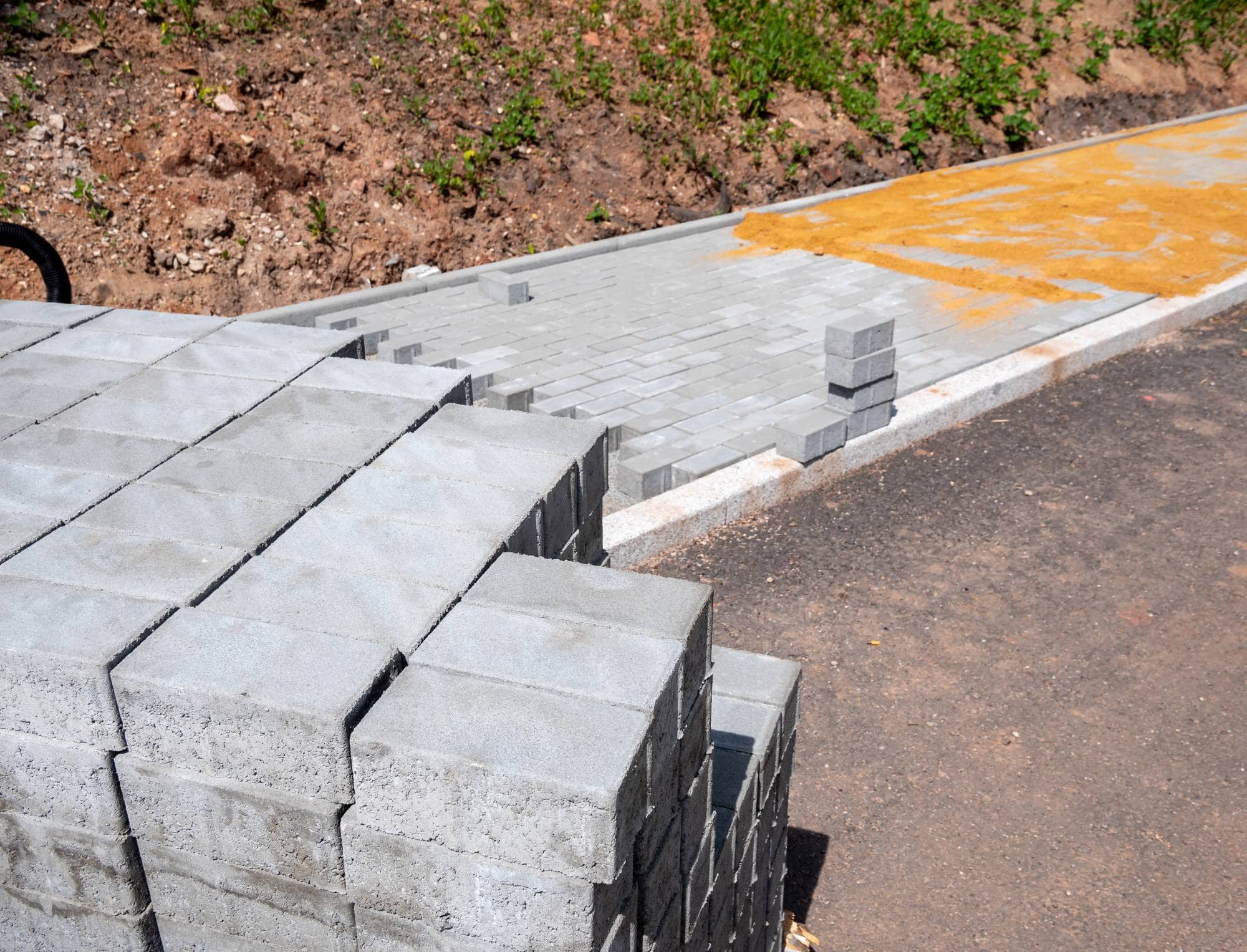
First, we clean your asphalt surface completely. Oil stains, debris, and loose material get removed because sealer won’t bond properly to a dirty surface. Any cracks that need filling get addressed before we start the main application.
Next comes the actual seal coating. We apply the sealer evenly using professional equipment, not the basic tools you’d find at a home improvement store. The material we use is designed for Long Island’s climate – it handles temperature swings and moisture better than standard products.
The final step is letting everything cure properly. We’ll tell you exactly when you can walk on it and when vehicles can return. Rushing this part ruins the whole job, so we make sure you know what to expect for timing. Most residential driveways are ready for light foot traffic within 24 hours and vehicles within 48-72 hours, depending on weather conditions.
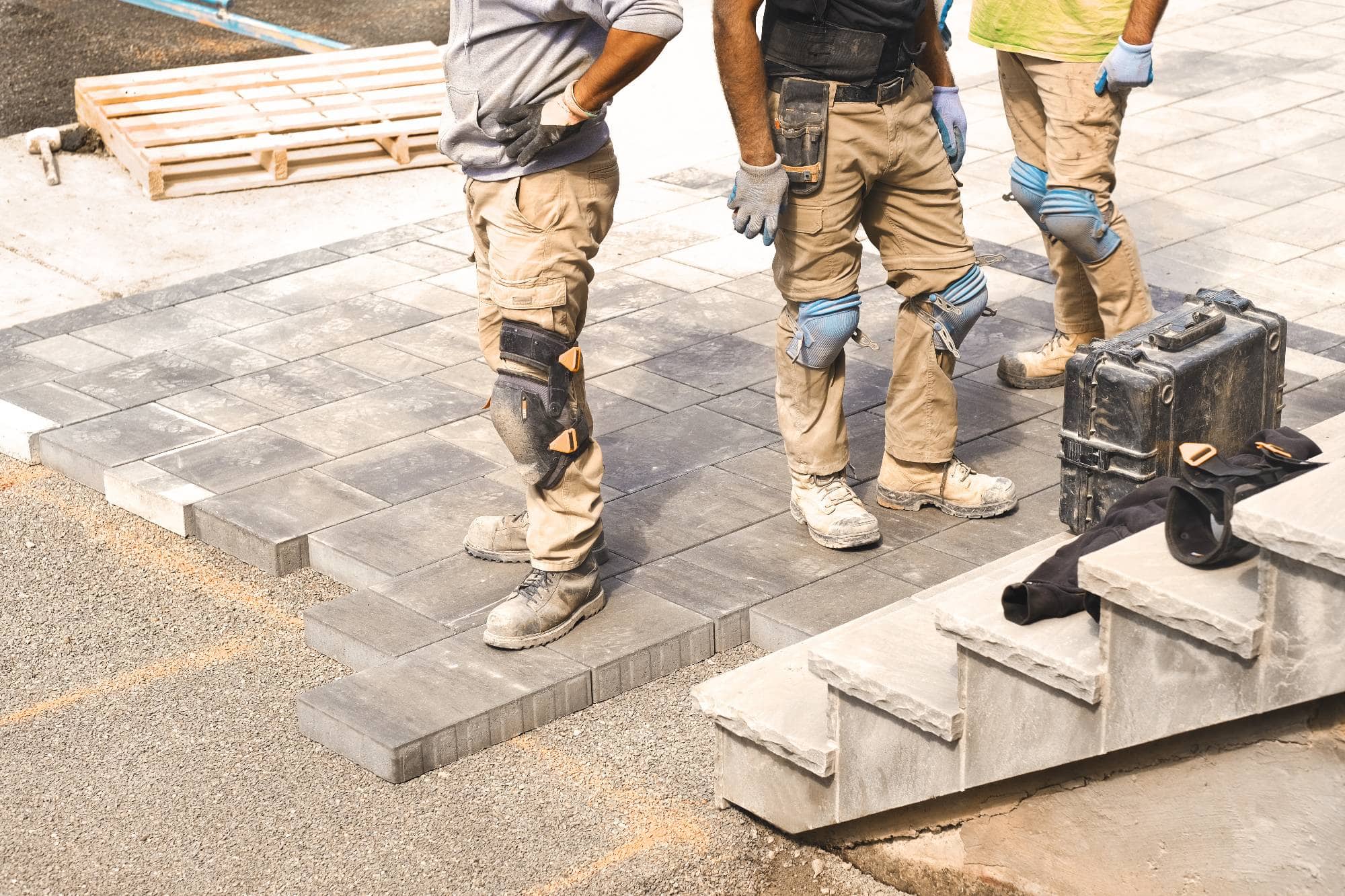
Ready to get started?
You get thorough surface preparation, which most contractors skip or rush through. This includes power washing when needed and proper crack filling for anything larger than hairline cracks. We don’t just spray sealer over problems and hope for the best.
The sealer itself is commercial-grade material that’s mixed properly and applied at the right thickness. Too thin and it won’t protect anything. Too thick and it won’t cure correctly. We’ve done enough of these projects to know exactly what your specific surface needs.
We also handle the details that matter – protecting your landscaping, keeping sealer off your house or building, and making sure edges are clean and professional-looking. You won’t find overspray on your garage door or sealer tracked onto your walkways. The job isn’t finished until your property looks better than when we started, not just the sealed area.
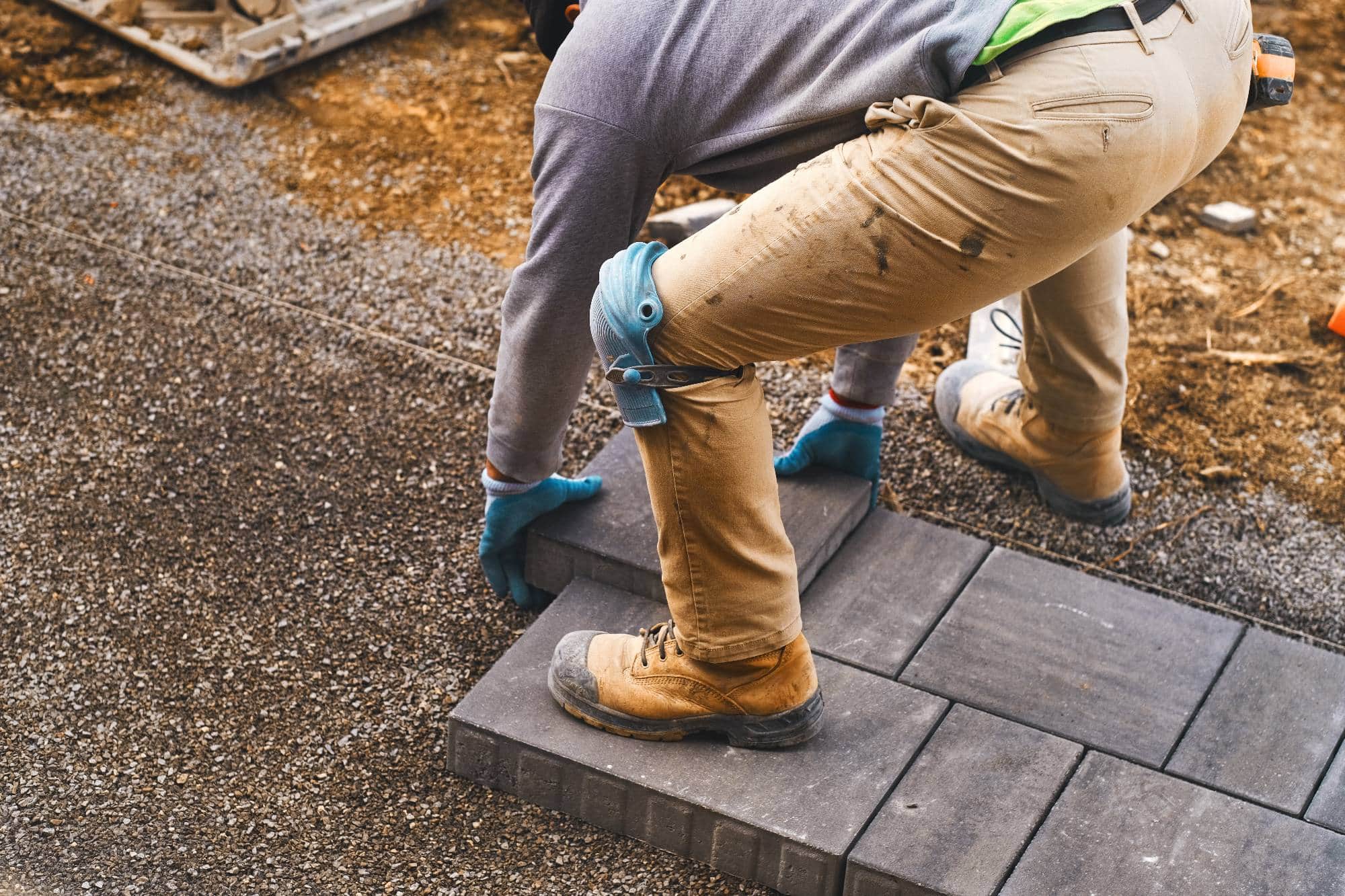

We are a family owned and operated paving contractor servicing customers on the East end of Long Island. We specialize in all phases of paving from start to finish.